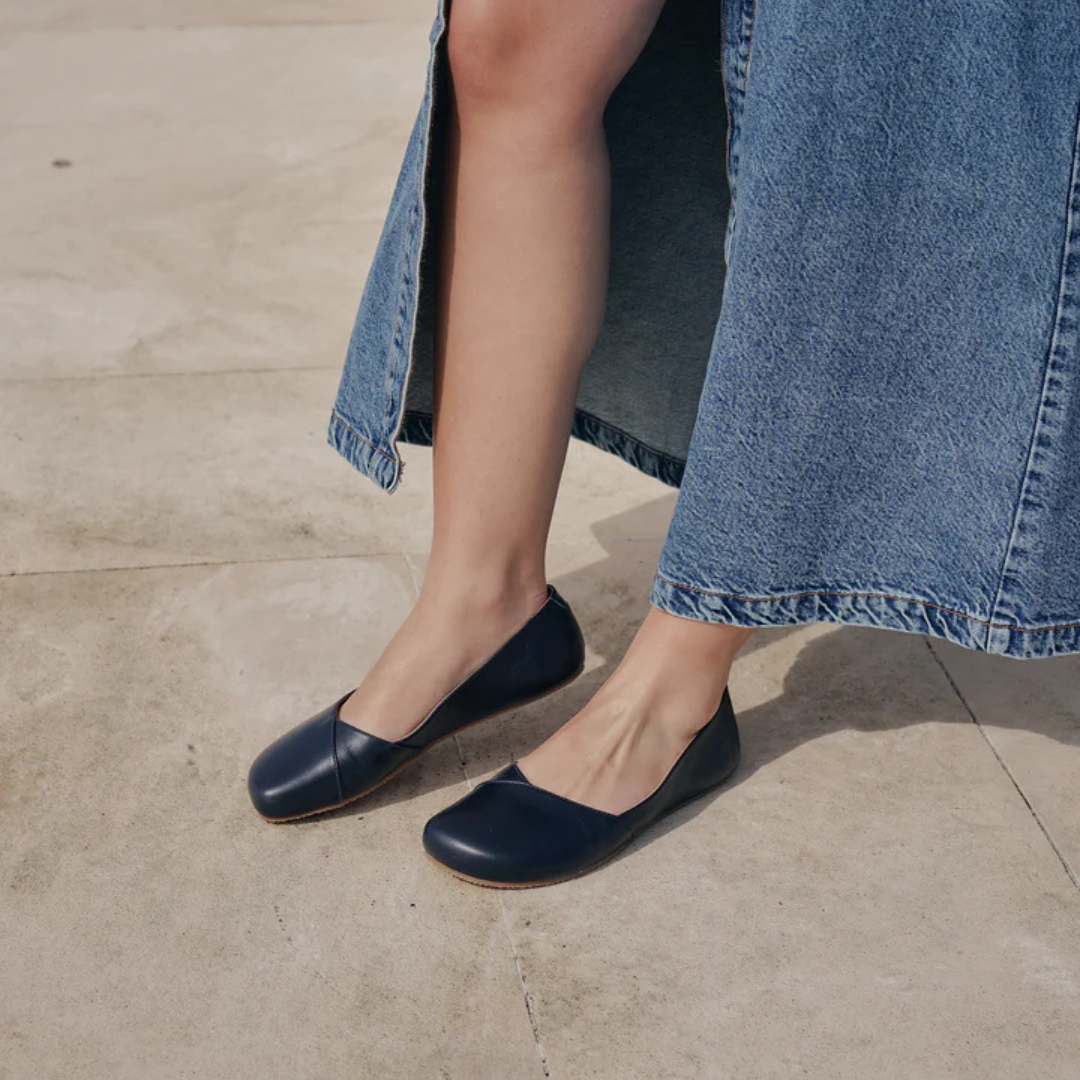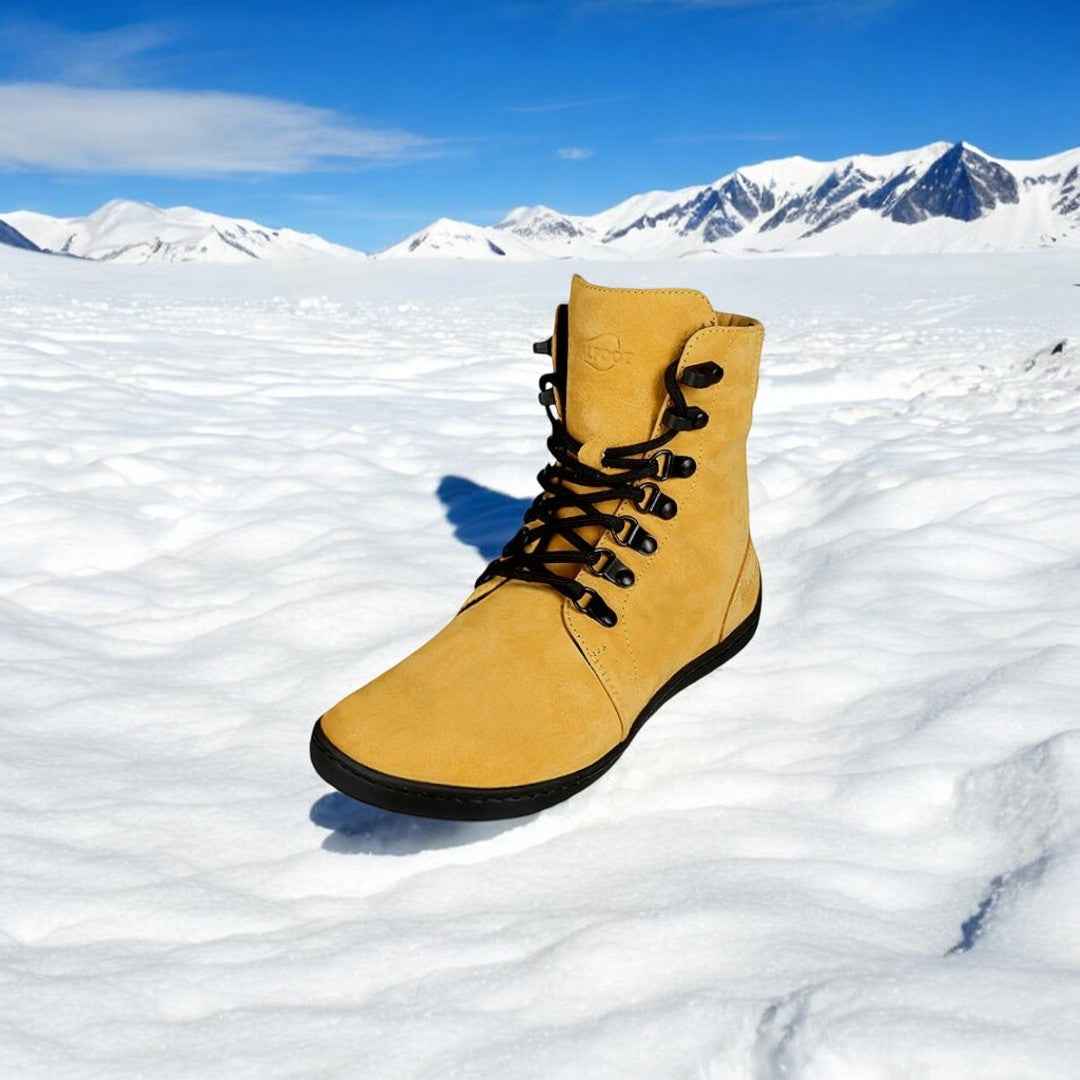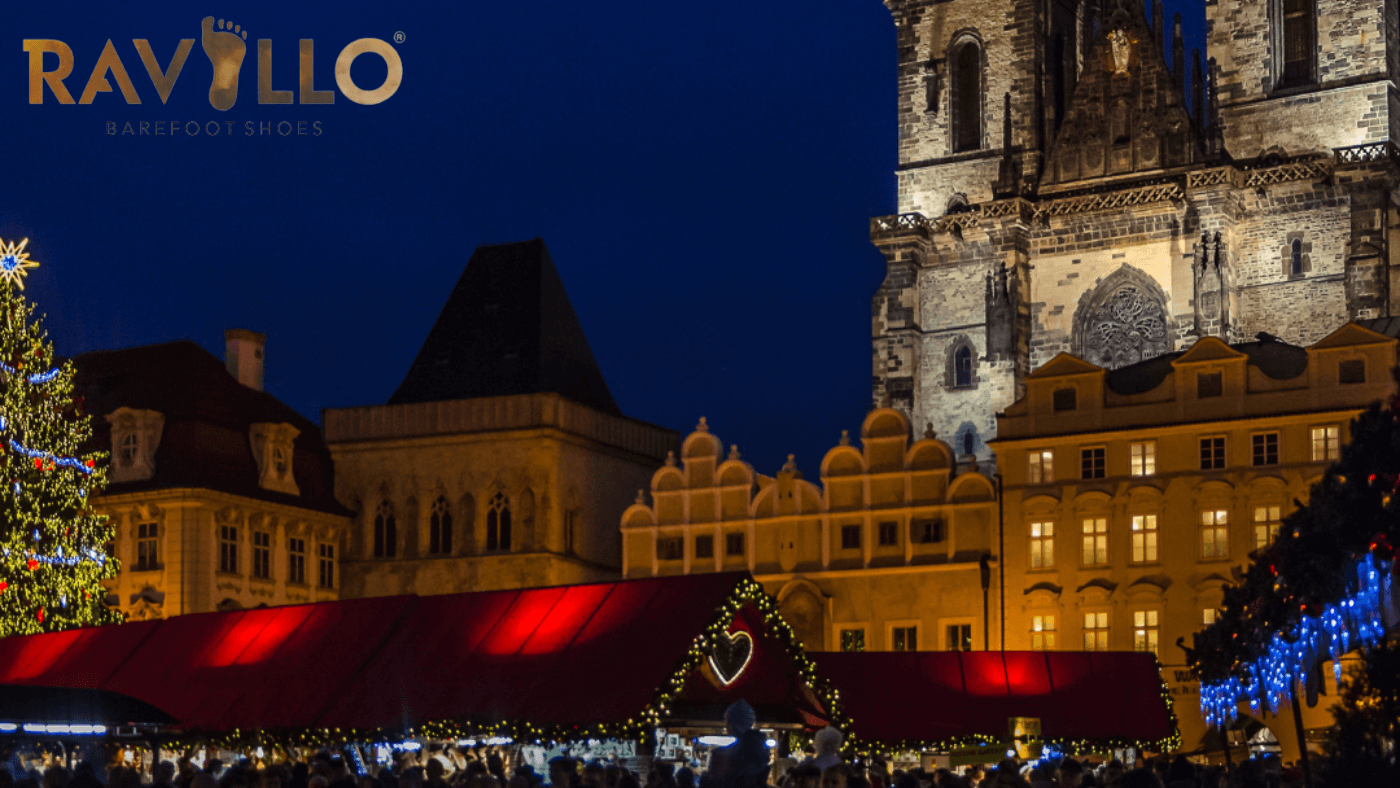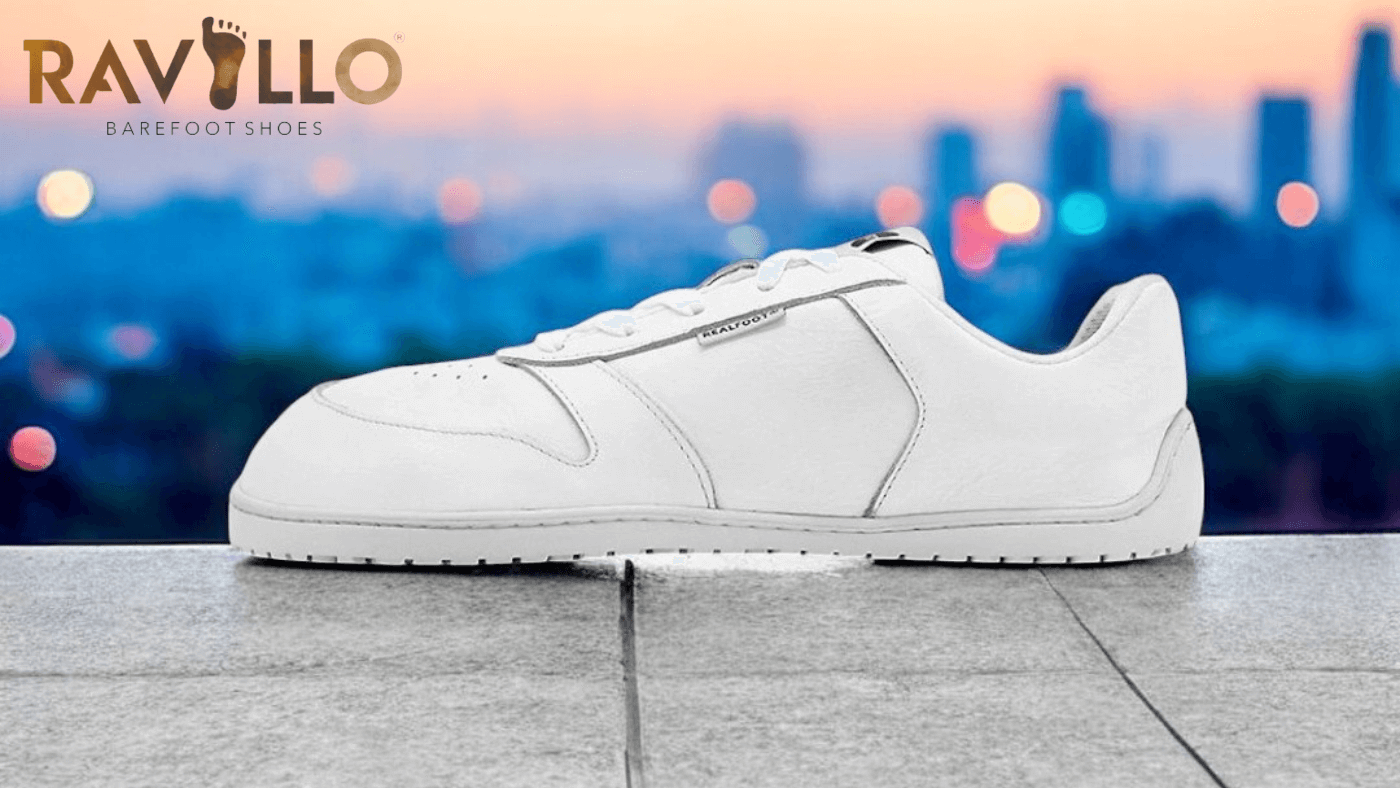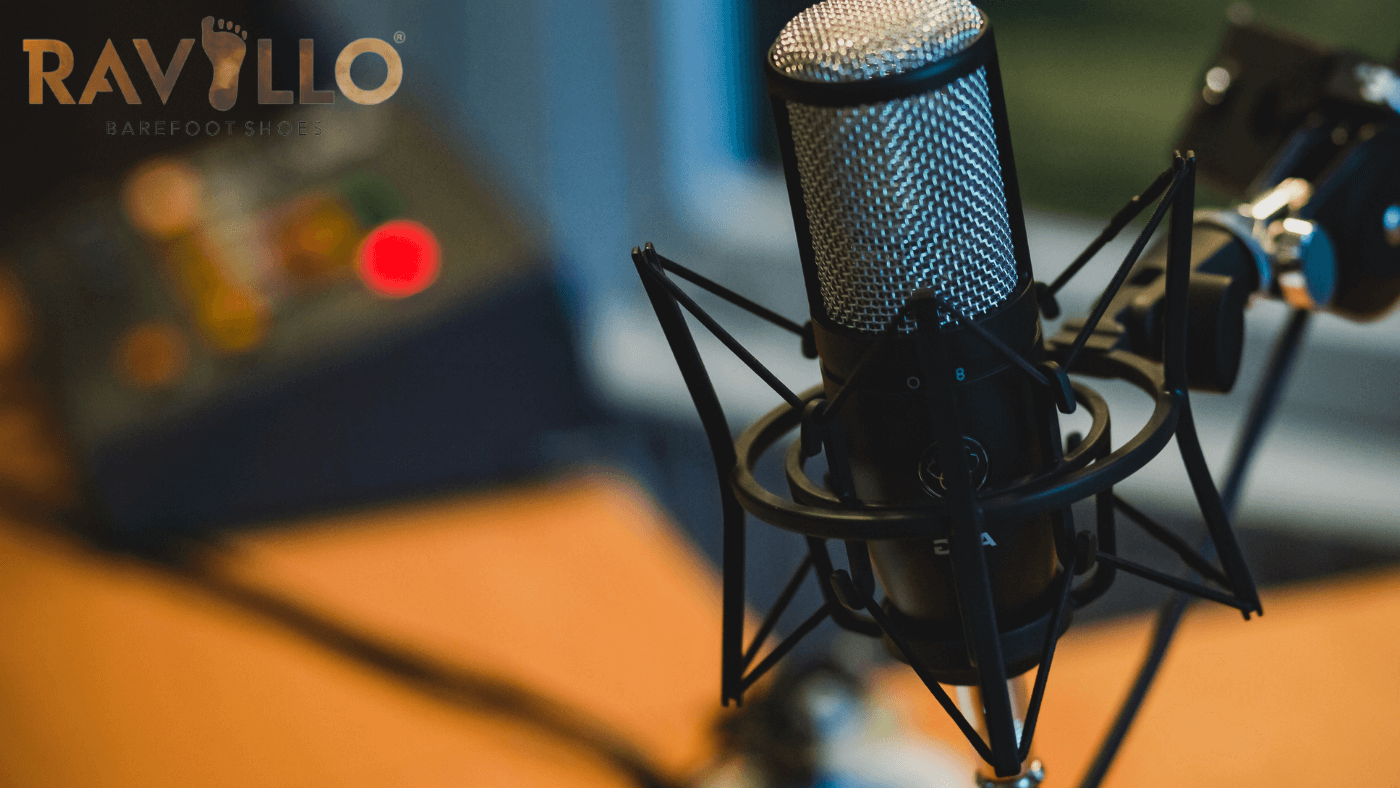The Barefoot Shoe Phenomenon: How the Czech Republic and Slovakia Became Barefoot Capitals
Over the past decade, the Best Barefoot Shoes Made in EU have transitioned from a niche choice for health-conscious individuals to a global sensation worth hundreds of millions of euros. Leading the charge in this transformation are the Czech Republic and Slovakia, countries renowned for their commitment to quality craftsmanship, innovative design, and sustainability. Barefoot shoes from these regions are not just footwear; they’re a lifestyle revolution. From business professionals to athletes and toddlers, these shoes have become a symbol of healthy living and eco-conscious choices.
The Rise of the Best Barefoot Shoes Made in EU
The concept of barefoot shoes is simple yet transformative: anatomically shaped footwear with wide toe boxes and thin, flexible soles that allow natural foot movement. While the trend has gained international traction over the past decade, the Czech Republic and Slovakia have emerged as leaders in both production and consumption. According to a 2023 STEM/MARK survey, approximately 7% of the Czech population—about 700,000 people—regularly wore barefoot shoes, a number that continues to grow each year.
The popularity of barefoot shoes is not limited to niche communities. Today, they’re embraced by a diverse demographic that spans city dwellers, outdoor enthusiasts, and even children. This rapid adoption is fueled by increasing consumer awareness of the health benefits associated with barefoot shoes, including improved posture, reduced joint strain, and enhanced foot strength.
Why the Czech Republic and Slovakia?
The Czech Republic and Slovakia’s leadership in the barefoot shoe industry can be attributed to a combination of cultural, economic, and entrepreneurial factors:
Craftsmanship Tradition: Both countries have a long history of quality shoemaking, with artisans skilled in creating durable and functional footwear.
Focus on Health and Sustainability: Czech and Slovak consumers increasingly prioritize products that promote well-being and align with eco-friendly values.
Innovative Brands: The region is home to some of the Best Barefoot Shoes Made in EU, with companies like Ahinsa, Be Lenka, Skinners, and Bohempia leading the charge.
Local Adoption: Unlike in larger markets where international brands dominate, Czech and Slovak consumers actively support domestic producers, creating a thriving ecosystem for innovation and growth.
Slovakia's Role: Be Lenka and the Global Expansion of Barefoot Shoes
Slovakia has also played a significant role in the barefoot revolution, with Žilina-based brands producing some of the best barefoot shoes available. Be Lenka emerging as a key player. Founded in 2017 by former Paralympian Lenka Cenigová and Juraj Fehervari, Be Lenka quickly expanded into a global brand, selling in over 70 countries and achieving annual revenues of €20 million. Their commitment to quality and comfort has earned recognition, with notable figures such as Spain’s Queen Letizia among their clientele.
Fehervari reflects on their journey:
"Initially, both the Slovak and Czech markets posed risks. Yet, the Czech Republic, with its greater familiarity with barefoot shoes, provided fertile ground for growth."
Be Lenka's success extends to Barebarics, a new line of barefoot streetwear designed for men, further solidifying Slovakia’s contribution to the industry, alongside brands like Primal.
Leading Czech and Slovak Barefoot Shoe Brands
Ahinsa
Founded in 2013 by physiotherapist Lukáš Klimpera, Ahinsa is known for producing vegan barefoot shoes that prioritize health and ethical production. Designed with input from medical professionals, Ahinsa shoes promote natural foot movement while being entirely free of animal products. The brand’s focus on sustainability and craftsmanship has earned it a loyal following both locally and internationally.
Be Lenka
Based in Slovakia, Be Lenka is a powerhouse in the barefoot industry. Founded by Paralympian Lenka Cenigová and entrepreneur Juraj Fehervari, the company produces a wide range of barefoot shoes, from casual sneakers to rugged hiking boots. Their global reach spans over 70 countries, and their designs are celebrated for their comfort, style, and performance.
RealFoot
Among the many innovative brands making waves in the barefoot footwear industry is RealFoot, a company dedicated to creating high-quality, ethically produced barefoot shoes. Based in Europe, RealFoot stands out for its focus on combining modern design with the principles of natural foot movement. Their collection includes versatile options such as vegan-friendly sneakers, insulated winter boots, and lightweight adventure shoes, catering to a wide range of lifestyles. RealFoot emphasizes sustainability by using eco-friendly materials, such as recycled fabrics and plant-based alternatives, without compromising on durability or comfort. With a strong commitment to promoting foot health and supporting environmentally conscious production, RealFoot has quickly gained recognition as a trusted name among barefoot shoe enthusiasts in the Czech Republic, Slovakia, and beyond.
Skinners
Known for their revolutionary sock shoes, Skinners combines the flexibility of socks with the durability of minimalist footwear. This innovative Czech brand has become a favorite among travelers, fitness enthusiasts, and outdoor adventurers.
Bohempia
Blending sustainability with style, Bohempia specializes in hemp-based vegan barefoot shoes. Their eco-friendly materials and sleek designs cater to urban dwellers looking for sustainable fashion without compromising on comfort.
Other Notable Brands
Other prominent barefoot brands from the region include Pegres, Angles Fashion, Saltic, and Bosky, all of which contribute to the rich diversity of barefoot footwear options available.
Health Benefits of the Best Barefoot Shoes Made in EU
Barefoot shoes are designed to mimic the natural biomechanics of walking barefoot. This design provides numerous health benefits:
Improved Posture: The wide toe box and zero-drop soles promote proper alignment of the spine, reducing strain on joints and muscles.
Enhanced Foot Strength: Barefoot shoes encourage the muscles in the feet to engage more actively, leading to stronger and healthier feet.
Reduced Risk of Injury: By allowing the feet to move naturally, barefoot shoes help prevent common issues like plantar fasciitis, bunions, and overpronation.
Comfort and Flexibility: The thin, flexible soles provide a more responsive feel, making barefoot shoes ideal for walking, hiking, and casual wear.
Sustainability: A Core Value
One of the defining characteristics of the Best Barefoot Shoes Made in EU is their commitment to sustainability. Many Czech and Slovak brands use eco-friendly materials like recycled fabrics, biodegradable components, and plant-based alternatives to leather. For example, Bohempia’s hemp shoes offer a sustainable option that’s both durable and stylish.
Brands like Ahinsa and Be Lenka also emphasize ethical production practices, ensuring that their shoes are made under fair working conditions. This focus on sustainability resonates with a growing consumer base that values environmentally responsible products.
Barefoot Shoes for Every Lifestyle
The versatility of barefoot shoes makes them suitable for a wide range of activities and preferences. Here’s how the Best Barefoot Shoes Made in EU cater to different needs:
Urban Dwellers: Stylish options like Bohempia’s hemp sneakers and Ahinsa’s vegan shoes provide comfort and fashion for city life.
Outdoor Enthusiasts: Brands like Be Lenka offer durable hiking boots that provide grip and protection for rugged terrains.
Travelers: Skinners sock shoes are lightweight and packable, making them ideal for travelers who want minimalistic yet functional footwear.
Children: Czech brand Beda focuses on ergonomic designs for children, ensuring proper foot development from an early age.
Challenges in a Booming Market
While the barefoot shoe industry in the Czech Republic and Slovakia continues to grow, it faces challenges, including increasing competition and price sensitivity. With prices typically ranging from €80 to €200 per pair, brands must justify their value through quality and innovation.
Juraj Fehervari of Be Lenka highlights the importance of differentiation:
"The market is crowded, and some brands compromise on quality, which harms the reputation of barefoot shoes. Our focus is on research and development to ensure that we stand out."
A Growing Global Influence
The Czech Republic and Slovakia are not just leading adopters of barefoot shoes; they are also influencing global trends. International brands like Vivobarefoot entered the Czech market as early as 2011, distributed by Kamil Vedral, who recognizes the region's unique role in shaping the industry:
"More and more people, especially younger generations, are prioritizing health and sustainability. This mindset has opened the door for barefoot shoes to become a mainstream choice."
The shift is evident in material innovation as well. Brands are increasingly adopting biodegradable and recyclable materials, while some are experimenting with advanced technologies like smart shoes equipped with sensors to track movement and health metrics.
The Role of Retail and Community in Driving Awareness
Barefoot shoe retailers like Naboso have played a crucial role in raising awareness and driving adoption in the Czech Republic. Founded in 2015 when the concept was still niche, Naboso has grown its revenue sevenfold, reaching €7.4 million in 2023. This success stems from early investments in education, events, and lectures to promote the benefits of barefoot footwear.
Andrea Součková explains:
"Launching a new segment required significant effort in raising awareness. Today, almost one-third of the Czech population is familiar with barefoot shoes, and 7% have firsthand experience wearing them."
Looking Ahead: The Future of Barefoot Shoes in the Czech Republic and Slovakia
The barefoot shoe market in the Czech Republic and Slovakia shows no signs of slowing down. With strong local brands, increasing consumer awareness, and a growing global footprint, these nations remain at the forefront of the barefoot movement, particularly in 2024. As brands continue to innovate in materials, design, and technology, including advancements in waterproof options, the market is poised for further growth.
Conclusion: Barefoot Shoes as a Symbol of Progress
From their health benefits to their eco-friendly credentials, barefoot shoes represent a shift toward more thoughtful and sustainable consumer choices. The Czech Republic and Slovakia have not only embraced this trend but have become pioneers in its global expansion. As local and international brands continue to thrive, these two countries remain shining examples of how a focus on health, sustainability, and innovation can transform an industry.



